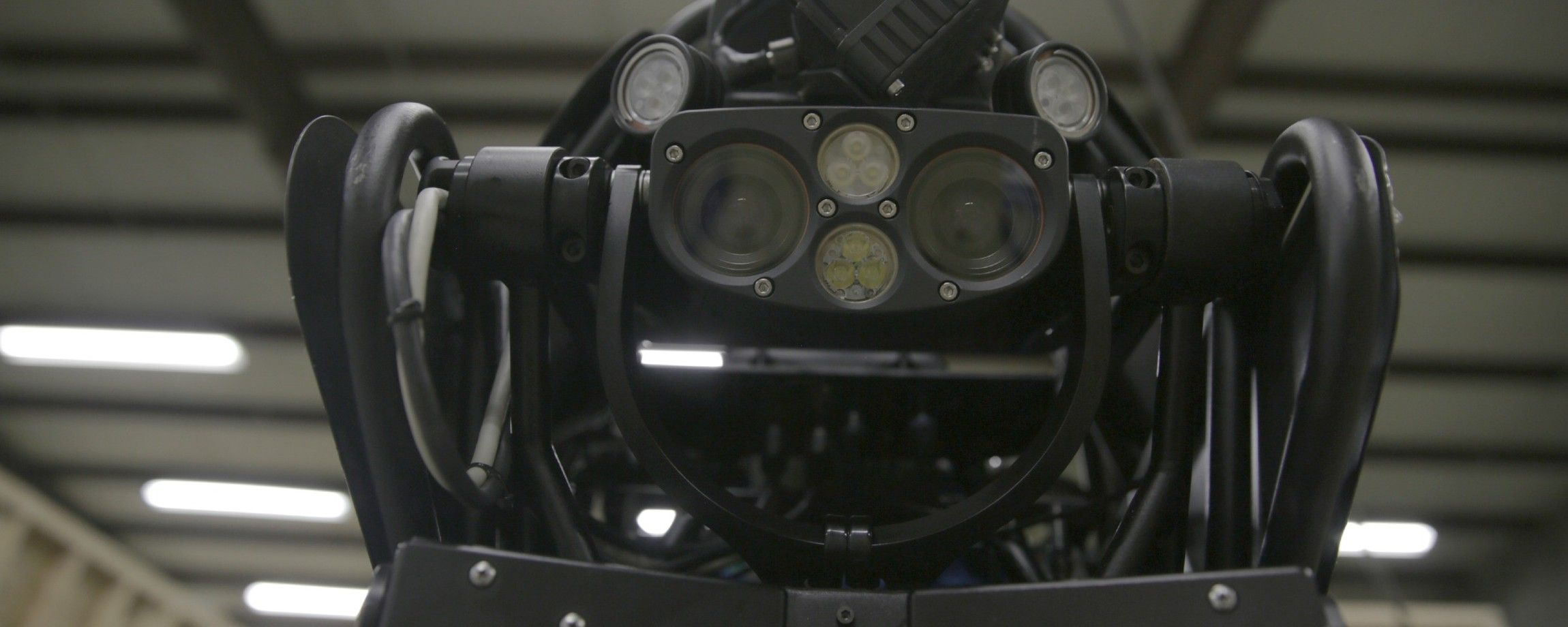What do you hope to find in a relationship? Security or freedom? Adventure or Intimacy? Do you want the connections in your life to serve as aides on your personal journey or do you want to feel you belong to a larger endeavor?
The future is often discussed in regard to technology, but when we look towards our personal futures we tend to think not of gizmos but of relationships. We think of the connections we want to build and experience, and the things that we wish to give the world in return. We think about how the world could be a better place for ourselves as well as those around us. The change we envision is not technological; rather it reflects what we value. In this film, therapist and author Esther Perel argues that the patterns in which we connect, and the conventions that guide how we couple present a window into what our culture really values.
When Perel looks at the ways in which we connect in early the 21st century she sees contradictions. The rapid technological and social shifts of the previous centuries have created conflicts not only within our cultures but also in the hopes and desires of the individual. She finds us looking with one eye to the secure and charted path that the norms of the past seem to offer us. With the other eye we look to the opportunities and fluid freedoms that now seem open to us. Can we coherently (and satisfactorily) reconcile these desires?
What connections do you value?
Find more great videos on the Galactic Public Archives.





